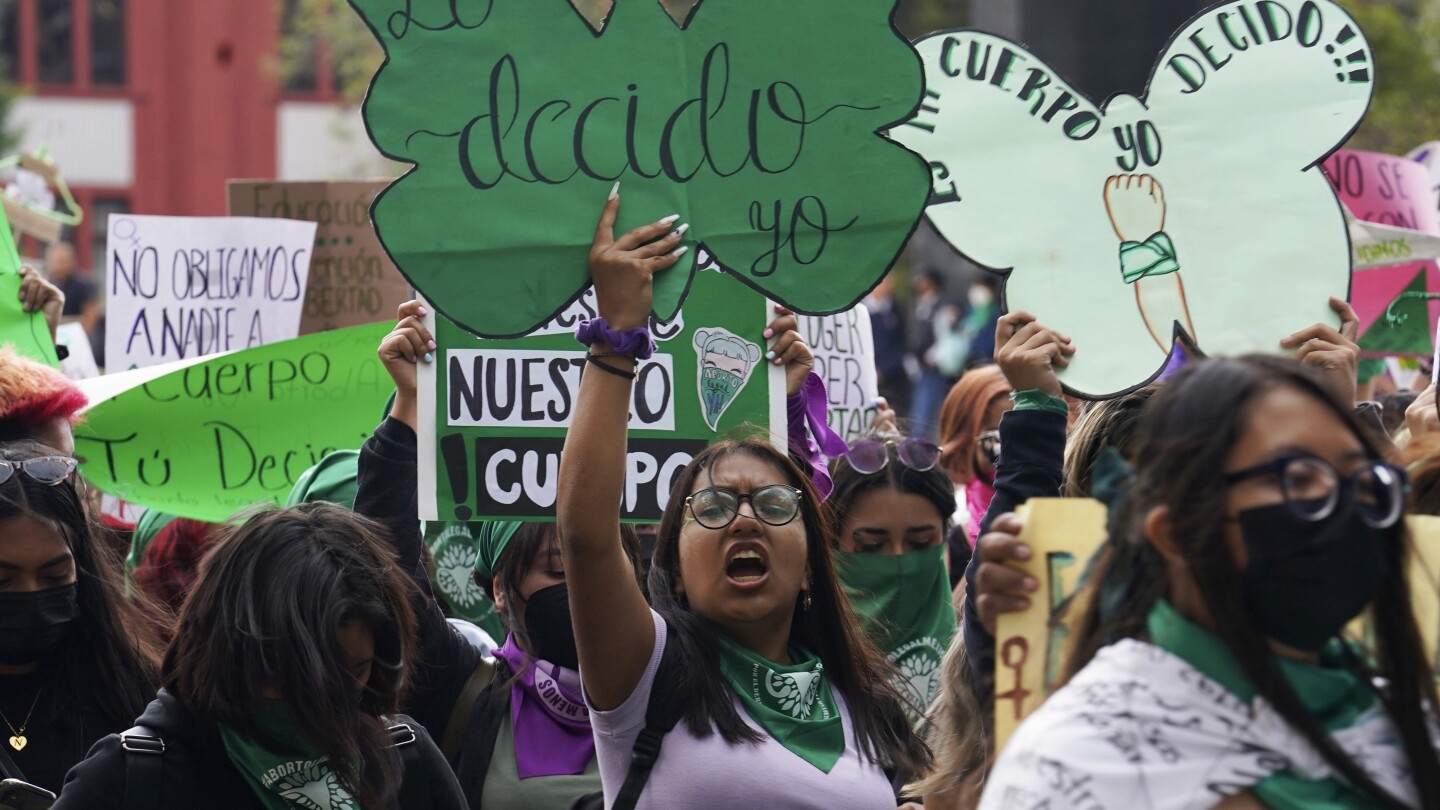screenshot from game


YouTube Video
Click to view this content.
cross-posted from: https://hexbear.net/post/545518
> "Recently, the animated short documentary film "The Song of New China" produced by Kristina Grigoryan, a young girl from Turkmenistan, has gained immense popularity. Although created by a foreigner living in China, the short film tells a history that even most Chinese people don't know much about. It reveals the behind-the-scenes stories prior to and after the birth of "The March of the Volunteers"and having it been sung to the entire world. > > On the 72nd anniversary of the founding of the People’s Republic of China, the Academy for International Communication of Chinese Culture at Beijing Normal University ,China Center for International Communication Development(CCICD) ,Shanghai Vancouver Film School,School of Journalism and Communication Shanghai University,Yoywow Communications jointly launched this short documentary film. During that era, the courage and fighting spirit of "The March of the Volunteers" awoke the hopes of countless Chinese people. the spread of this short film will also enable more people to understand the spiritual power behind China's national anthem." > also we see Paul Robeson
Mexico’s Supreme Court has thrown out all federal criminal penalties for abortion. The sweeping ruling issued Wednesday declared that national laws prohibiting the procedure are unconstitutional and violate women’s rights.

MEXICO CITY (AP) — Mexico’s Supreme Court threw out all federal criminal penalties for abortion Wednesday, ruling that national laws prohibiting the procedure are unconstitutional and violate women’s rights in a sweeping decision that extended Latin American’s trend of widening abortion access.
The high court ordered that abortion be removed from the federal penal code. The ruling will require the federal public health service and all federal health institutions to offer abortion to anyone who requests it. “No woman or pregnant person, nor any health worker, will be able to be punished for abortion,” the Information Group for Chosen Reproduction, known by its Spanish initials GIRE, said in a statement.
Some 20 Mexican states, however, still criminalize abortion. While judges in those states will have to abide by the court’s decision, further legal work will be required to remove all penalties. Celebration of the ruling soon spilled out onto social media.
“Today is a day of victory and justice for Mexican women!” Mexico’s National Institute for Women wrote in a message on the social media platform X, formerly known as Twitter. The government organization called the decision a “big step” toward gender equality.
Sen. Olga Sánchez Cordero, a former Supreme Court justice, applauded the ruling, saying on X that it represented an advance toward “a more just society in which the rights of all are respected.” She called on Mexico’s Congress to pass legislation in response.
Abortion-rights activists will have to continue seeking legalization state by state, though Wednesday’s decision should make that easier. State legislatures can also act on their own to erase abortion penalties.
For now, the ruling does not mean that every Mexican women will be able to access the procedure immediately, explained Fernanda Díaz de León, sub-director and legal expert for women’s rights group IPAS.
What it does do — in theory — is obligate federal agencies to provide the care to patients. That’s likely to have a cascade of effects.
Díaz de León said removing the federal ban takes away another excuse used by care providers to deny abortions in states where the procedure is no longer a crime.
It also allows women with formal employment who are part of the social security system and government employees to seek the procedure in federal institutions in states where the abortion is still criminalized, she said...
